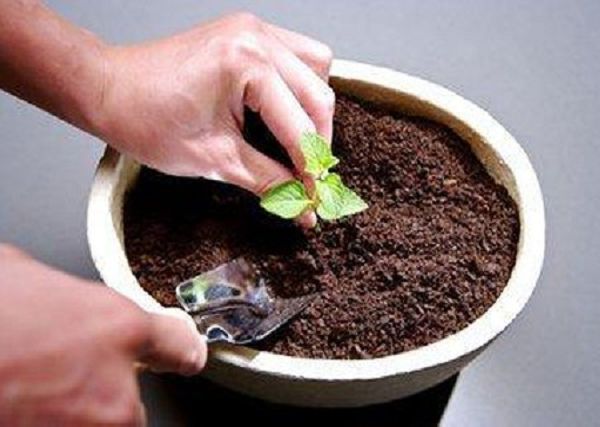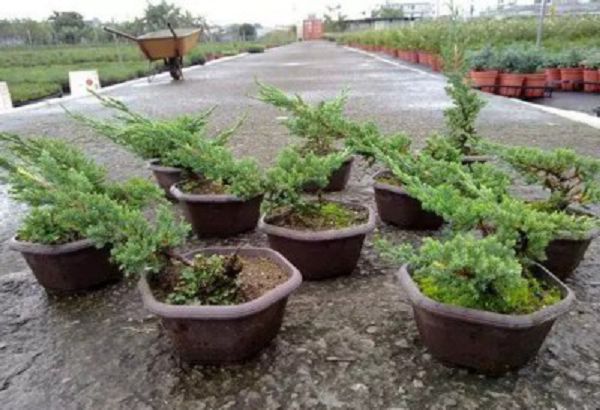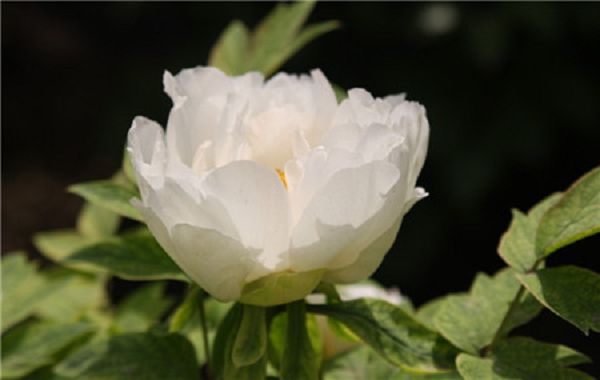How to prevent the consolidation of basin soil

Potted soil consolidation is a boring thing, but potted friends who like potted flowers and plants all know that potted soil hardening is not easy to avoid. However, the poor soil distribution scheme is more prone to consolidation than the better one, and the former will occur earlier than the latter. Although we can not avoid the consolidation phenomenon of basin soil, we can improve the soil structure and delay its consolidation.
In the last article, the editor briefly introduced the reasons for the consolidation of basin soil. according to the reasons, we can take necessary measures to delay the occurrence of this phenomenon. So, what about in the short term? We mainly proceed from the following aspects:
1. Rational allocation of soil
In order to prevent the consolidation of basin soil, the first thing we need to consider is that the soil distribution must be scientific and reasonable. This requires us to consider the structure of potted soil, and the quality of potted soil structure will directly affect the success or failure of raising potted flowers and plants, so a scientific and reasonable soil allocation scheme is very critical.
When allocating soil to potted flowers and plants, we generally need to focus on the aspects of fertility and looseness, water permeability, water conservation and fertilizer conservation. But how to mix the soil, it also needs to be flexibly adjusted according to the growth habits of the plants. As different varieties of plants have different living habits, they can not remain the same when allocating soil.
Second, watering correctly
Although watering is a routine means of management and protection, the knowledge of watering is also very deep. Among them, water quality is an issue that has to be considered. Potted flowers and plants can be watered directly with clean river water or Rain Water. However, some basin friends use tap water for convenience. Although this is also possible, it can only be carried out under certain conditions.
As the fresh tap water often contains a lot of bleach and chlorine, if the plants are watered directly, it will not only affect the growth of the plants, but also make the basin soil become hardened, and even make the soil salinized. Therefore, in general, we do not use tap water to irrigate directly, even if we want to use it, we also need to put it in the sun for a few days in advance.
Third, reduce the use of chemical fertilizer
Although adding some nutrients to potted flower plants by topdressing chemical fertilizer can also promote plant growth to a certain extent, it is easy to cause pot soil hardening if chemical fertilizer is used for a long time. If we don't use chemical fertilizers, how can we nourish the plants?
In fact, not using chemical fertilizer does not mean that potted flowers and plants will not be nourished. In addition to chemical fertilizer, we can also supplement organic fertilizer for plants. For example, human and animal faeces need to be completely decayed and sterilized before use before they can be used safely. Because organic fertilizer in the gradual transformation and decomposition process will make the basin soil loose, resulting in numerous small gaps, increasing the permeability of the basin soil, so that the basin soil is not prone to consolidation.
Fourth, loosen the soil in time
Sometimes, the basin soil will be hardened for a variety of reasons, such as not changing the basin and turning the soil for a long time, especially after more than scouring, but considering that the process of changing soil is more tedious, then we can consider that we can keep the basin soil soft without changing soil? There is a way, it depends on what we do. In fact, loosening the soil is a very good disposal measure.
Experienced potted friends naturally know that timely loosening of soil for potted flower plants is an important means to keep plants growing well. After loosening the soil, the originally hardened soil also becomes relaxed, not only the permeability is improved, but also the effect of water absorption and water retention is better, so it is more conducive to plant growth. However, the use of this method also has some disadvantages, that is, the operation should be careful to avoid damaging the roots of the plant when loosening the soil. And some plants are more delicate, once the root system is damaged, it is easy to wither, yellow leaves, fallen leaves, dry and other phenomena, serious may be fatal. Therefore, we should be careful when loosening the soil.
Related
- Fuxing push coffee new agricultural production and marketing class: lack of small-scale processing plants
- Jujube rice field leisure farm deep ploughing Yilan for five years to create a space for organic food and play
- Nongyu Farm-A trial of organic papaya for brave women with advanced technology
- Four points for attention in the prevention and control of diseases and insect pests of edible fungi
- How to add nutrient solution to Edible Fungi
- Is there any good way to control edible fungus mites?
- Open Inoculation Technology of Edible Fungi
- Is there any clever way to use fertilizer for edible fungus in winter?
- What agents are used to kill the pathogens of edible fungi in the mushroom shed?
- Rapid drying of Edible Fungi



